WildTurtle has seen it all. After completing another run at the World Championship over the weekend, the longtime LCS veteran wrapped up his eighth season of competitive play. And as the wheel of time spins on, WildTurtle, a stalwart force of North American League of Legends, has no intention of going anywhere anytime soon.
This year marked the FlyQuest bottom laner’s first appearance at the World Championship since 2015. And although five years have passed between his last two chances to compete on the Worlds stage, playing in this year’s tournament was still “an amazing experience,” according to WildTurtle. “I still feel the same way that I did when I was really young,” he said when it came to playing at his fourth World Championship.
Though much has changed about the professional NA League landscape between 2015 and 2020, something that both years’ World Championships share is the fact that a North American team failed to reach the quarterfinals of the tournament on either occasion. The more things change, the more they stay the same, after all.
During that 2015 Worlds run, WildTurtle found himself in the final year of his tenure on TSM. At that point, he was only in his third year playing at the professional level. Now, with the 2021 season looming on the horizon, he’ll be entering his ninth year in the league. And although he’s done his fair share of bouncing around the league between his departure from TSM and now, WildTurtle has found a home on FlyQuest. He’s already been with the organization for four years and as the centerpiece of the team’s roster, he still has two years left on an extensive contract.
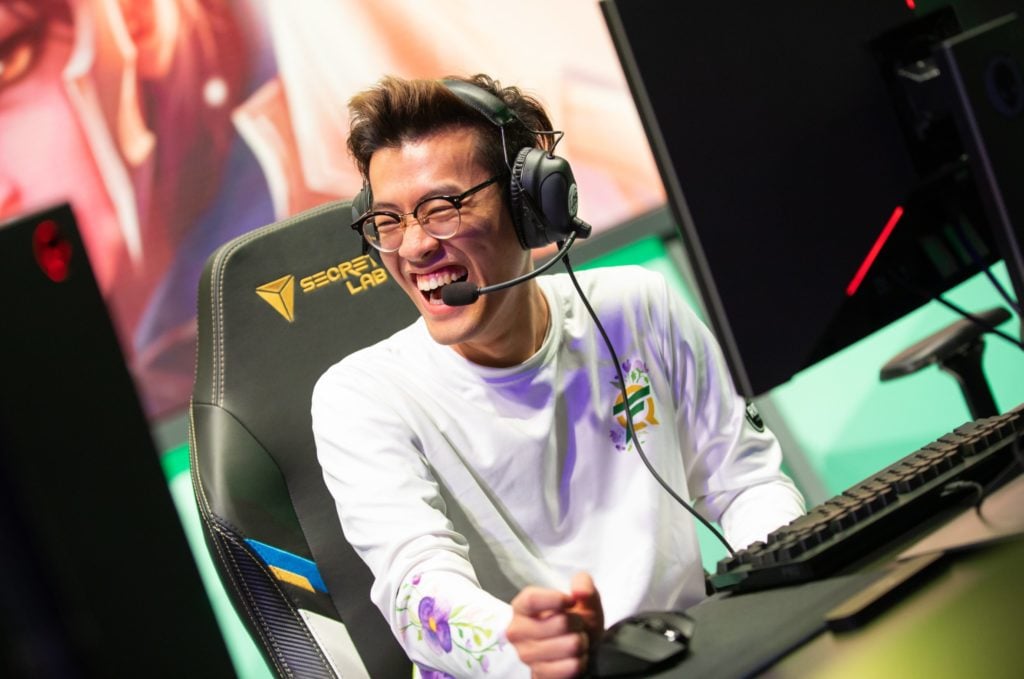
WildTurtle is in no rush to move on from a team that’s found success in every facet of the game as of late. On the heels of a turnaround season, one that saw FlyQuest shift its place in the standings from nearly dead-last to second overall, WildTurtle believes that the organization can continue to turn heads and push the envelope even further in 2021.
“If we run it back with the exact same roster, we can make a lot of improvements,” he said after a moderately successful 2-1 week to close out FlyQuest’s run at Worlds 2020. “We learned a lot about each other during Worlds. We weren’t really challenged on many things back in North America, but here at Worlds, we were challenged on many different levels and we’ve adapted more than we ever have.”
And for FlyQuest, adapting and evolving are two foundational concepts that the organization has prided itself on throughout the course of its journey from the ninth-best team in NA to securing the region’s second seed at the World Championship. Most importantly, WildTurtle has been with the organization through it all—and he isn’t quitting just yet. In fact, he’s only getting started.
Now, after nearly a decade in the LCS, he’s overseeing a new wave of talent under his tutelage. Behind only TSM’s Doublelift, Immortals’ Xmithie, and Dignitas’ Aphromoo, WildTurtle has been in the LCS longer than any other player.
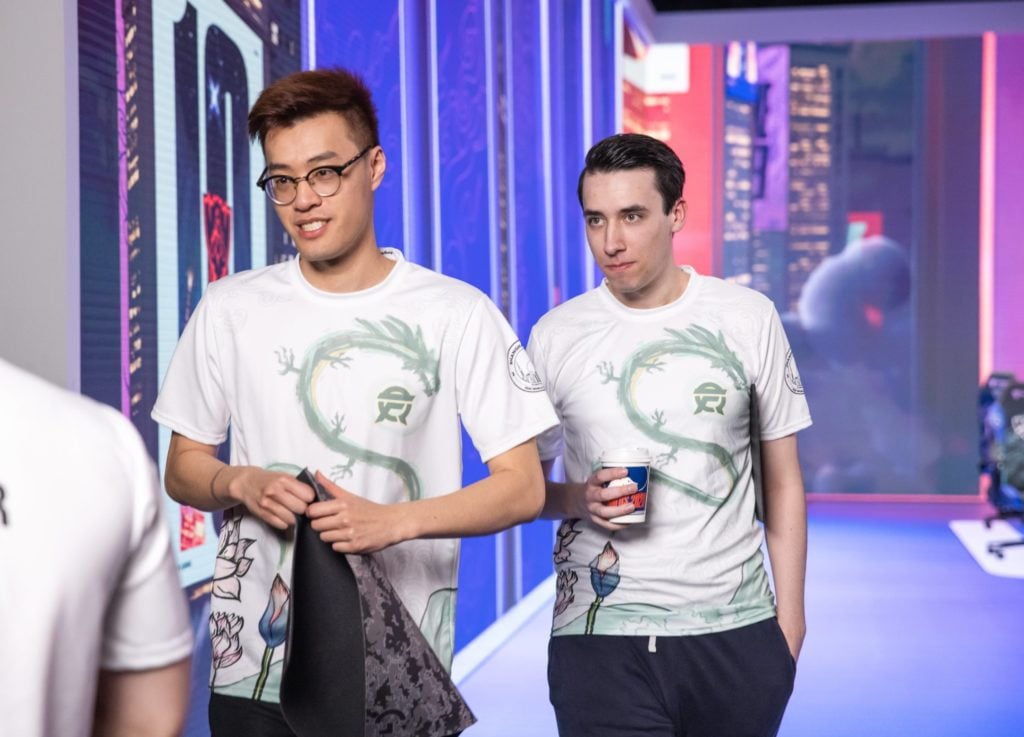
But even with a slew of games on his résumé, WildTurtle is certainly no stranger to playing the role of the up-and-coming rookie. There once was a time when his name was the most talked about in the league. Seven years ago, it was believed that he was the lightning strike that could jolt TSM toward international success. This year, according to WildTurtle, “TSM was, to be frank, just not a very good team,” a claim made of his former organization after it posted a dreadful 0-6 record during the Worlds 2020 group stage.
Furthermore, it’s evident that not much has changed since WildTurtle last played at Worlds for the organization. When he made his international debut in 2013, he was TSM’s lone rookie—a shining beacon of hope on a TSM squad with four veterans surrounding him. Even in 2020, that “TSM approach” based around four veterans and one rookie seemingly holds true. You can change the names all you’d like, but the mindset is still present.
What’s even more troubling, though, is that the formula goes far beyond TSM. With international success pushed to the side for a moment, North America is struggling to usher in new talent. But perhaps NA could take notes from someone who’s played his entire career in the region—a career that’s lasted longer than nearly any other player in the entirety of the region.
“I think players are too entitled. Maybe they have egos,” WildTurtle hypothesized after all three North American representatives at Worlds 2020 failed to reach the tournament’s bracket stage in back-to-back years for the first time. “I just think everyone needs to adopt a culture around constantly improving and motivating younger players to get better at the game, too.”

And for the LCS, a surplus of young, rising stars with oodles of potential is certainly something that’s missing from the league. This year, out of the 15 players who started a game at the World Championship for a North American team, only four were making their first appearance at Worlds. The region sent 11 seasoned players to the tournament in hopes of banking on performances from its foundation of proven veterans. Needless to say, that strategy backfired immensely.
A region like the LCK, on the other hand, took the time to develop its young players and invest in homegrown, domestic potential. DRX, a team that got the better of FlyQuest on two occasions during the group stage, had three players making their Worlds debut alone.
But for North America, finding young players with the potential to dominate at Worlds is like catching lightning in a bottle. Players like Keria, Huanfeng, Pyosik, and the countless other young stars that have taken Worlds 2020 by storm are few and far between.
But to make them a more common occurrence in the LCS, WildTurtle, a once-promising rookie himself, believes in a league-wide, communal approach. “Everyone needs to help each other get better at the game and just make the region competitive,” he said.
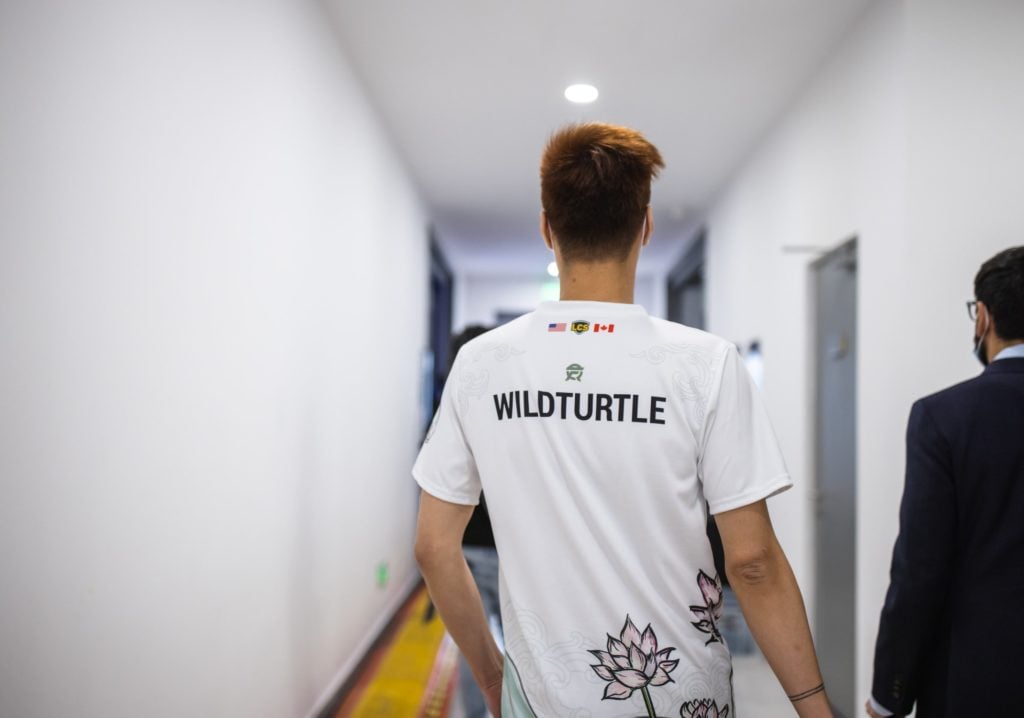
If only it were that easy. The process of nurturing young talent to a point where it can shine on the international level is one that takes time and attention. Often, the process is laden with false starts and abbreviated victories. In the case of North America, the arduous operation of bringing young players to the international stage in hopes of seeing success is one that rarely bears fruit. Only once has a North American team reached the semifinals at a World Championship and only once has a team seen the finals of the Mid-Season Invitational. Every other time an international event comes around, NA has been nothing more than a stepping stone on the road to greatness for other regions.
And as the LCS prepares to enter its fourth full year of franchising, the focus for North America as a whole must now shift toward teams stepping out of their comfort zones.
To push the boundaries of what the region can achieve when it comes to results, developing talent domestically should be a top priority. For years, the entirety of North America has convinced itself that it was in a “win-now” situation—that the region could skip the process of building a winning foundation and take home a World Championship through the sheer power of its expansive, region-wide wallet. That mindset has only set the region back.
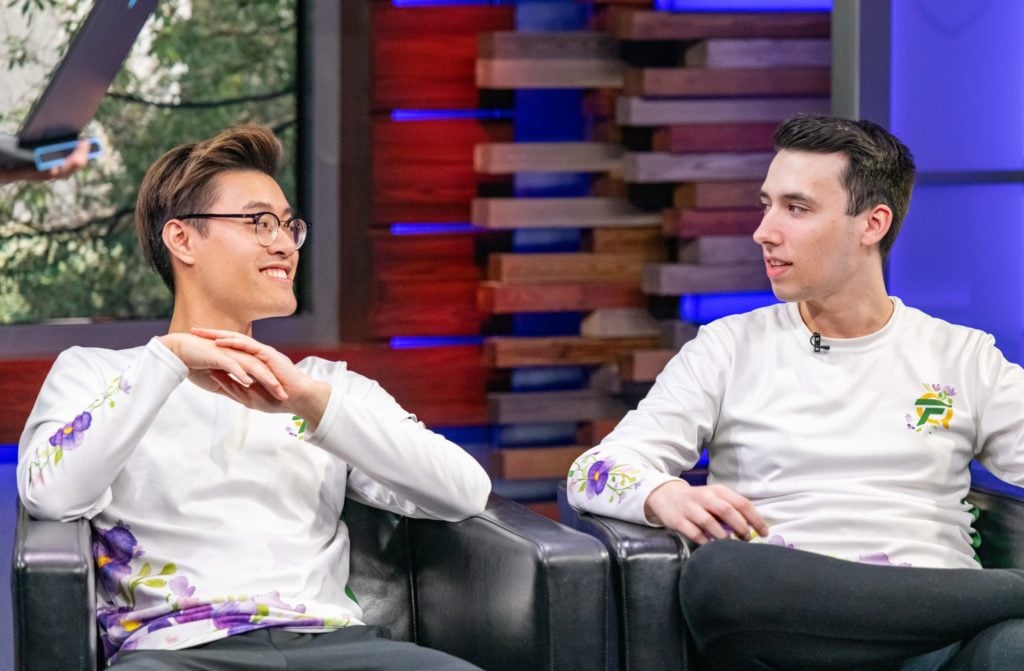
But if there’s one team that represents a microcosm of what hope looks like in North America, it’s FlyQuest. Over the course of the last few years, the team has taken the time to sign the right free agents, build the right type of foundation, and develop a winning culture. Now, with a relatively successful showing at Worlds under its belt, there’s no reason to doubt the organization moving forward.
If FlyQuest takes the time to develop any young talent at all in 2021, it’d be totally reasonable to assume that any rising star taken under the organization’s wing could find success and longevity. The structure of the franchise is one that’d certainly be welcoming of a young face among a slew of veterans. The team has undoubtedly hung tough in the landscape of North American League, eventually finding its way to the international stage. If anything, 2020 was about proving that the “FlyQuest formula” works and that with a strong foundation, any player can find success.
“We’re not going to let NA get rolled over,” WildTurtle definitively declared with his eyes set on the future.
WildTurtle—a man who’s seen the LCS rise, fall, rise, and fall again—has total hope that “North America can turn around as a region” on a complete scale. With that in mind, there’s no reason to believe that FlyQuest, a team that stuck true to its guns and showcased greatness all year long, can’t be the squad to lead the region to greater heights in the not-so-distant future.
Make sure to follow us on YouTube for more esports news and analysis.


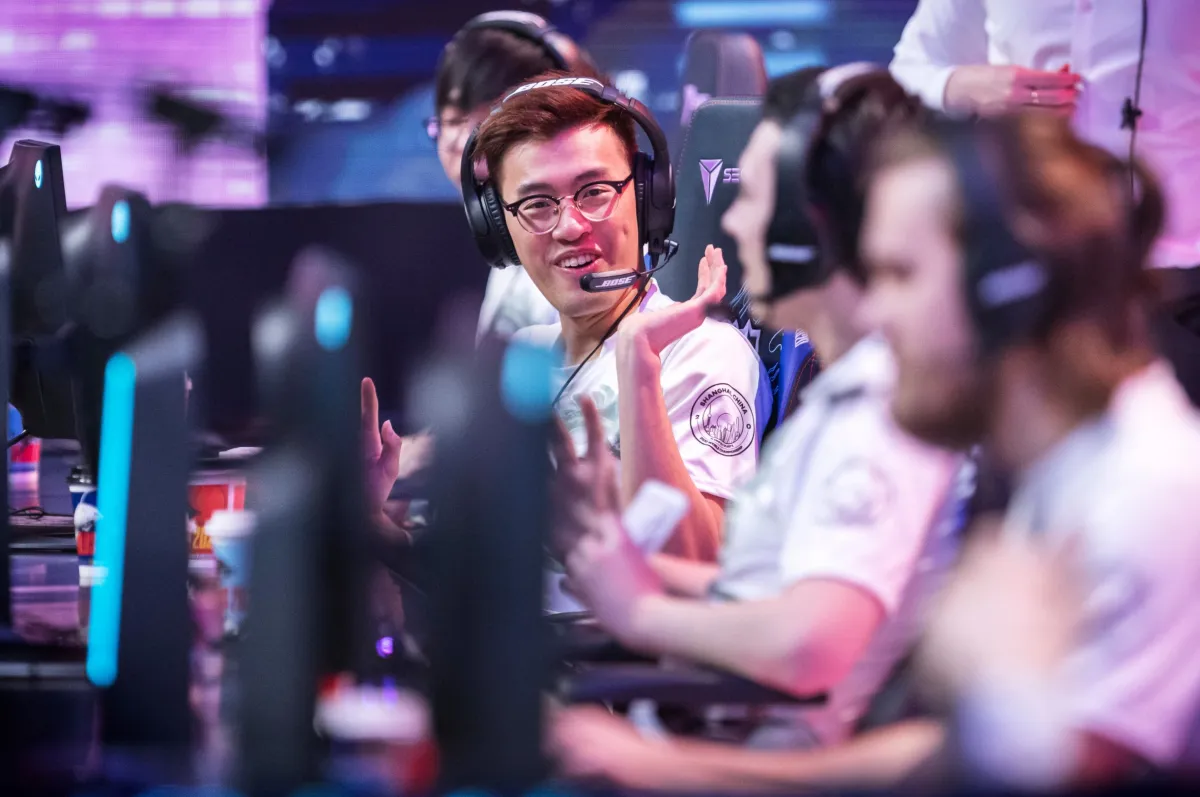
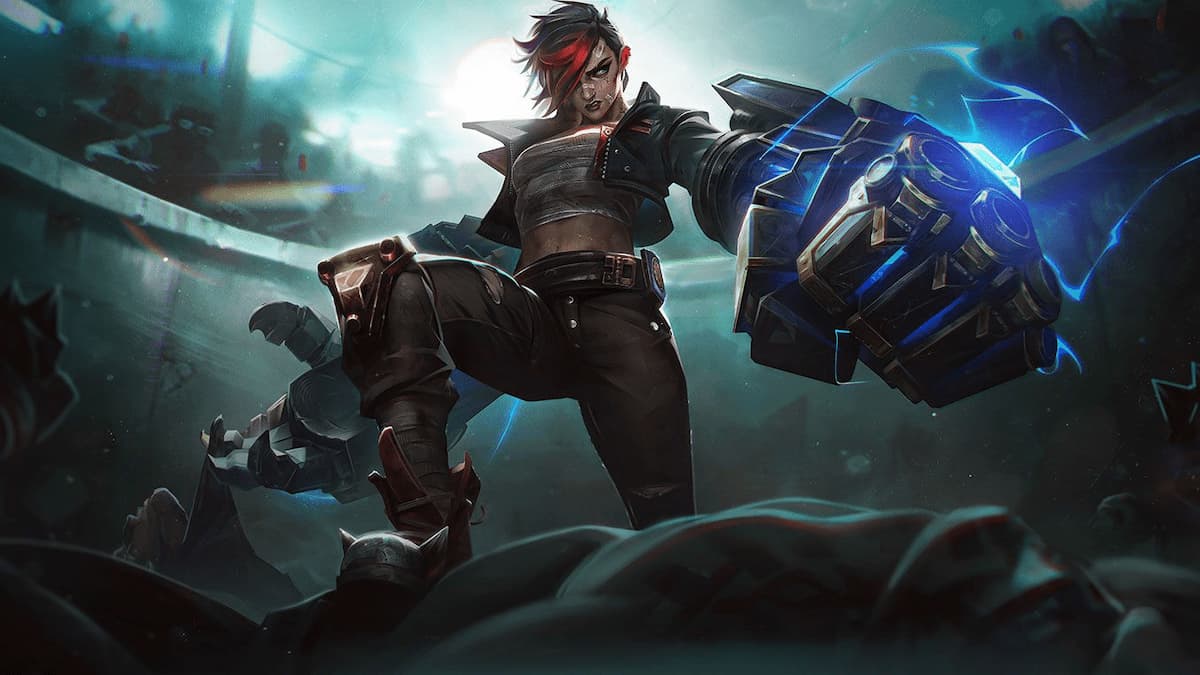
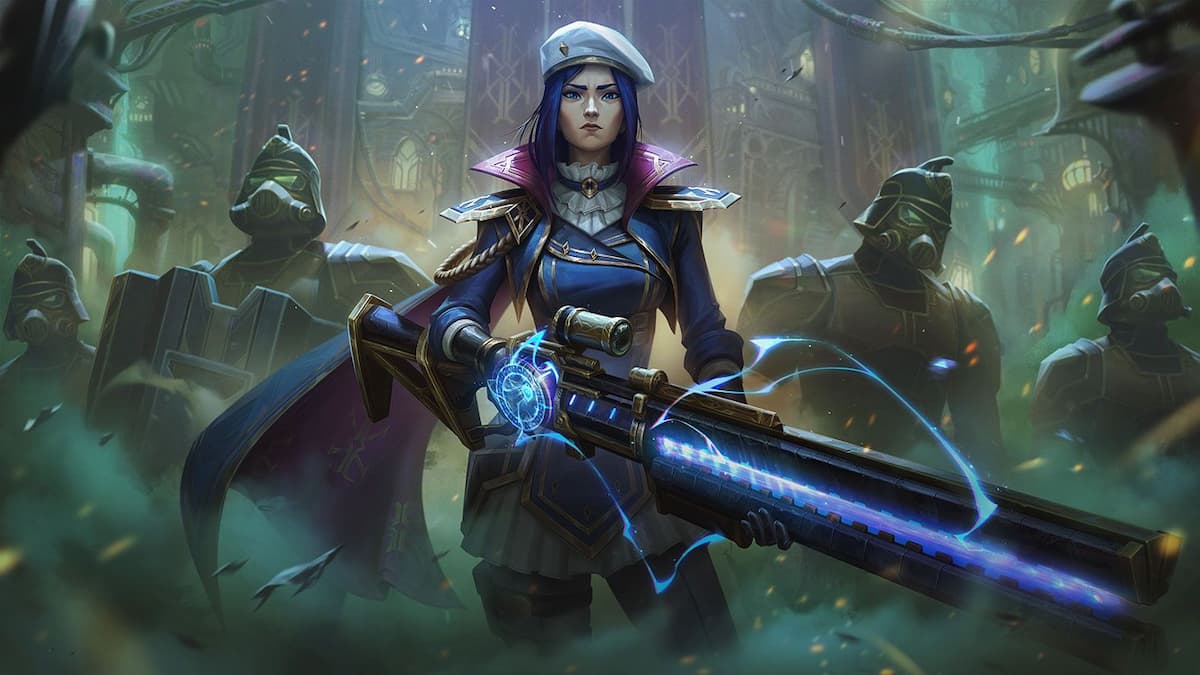
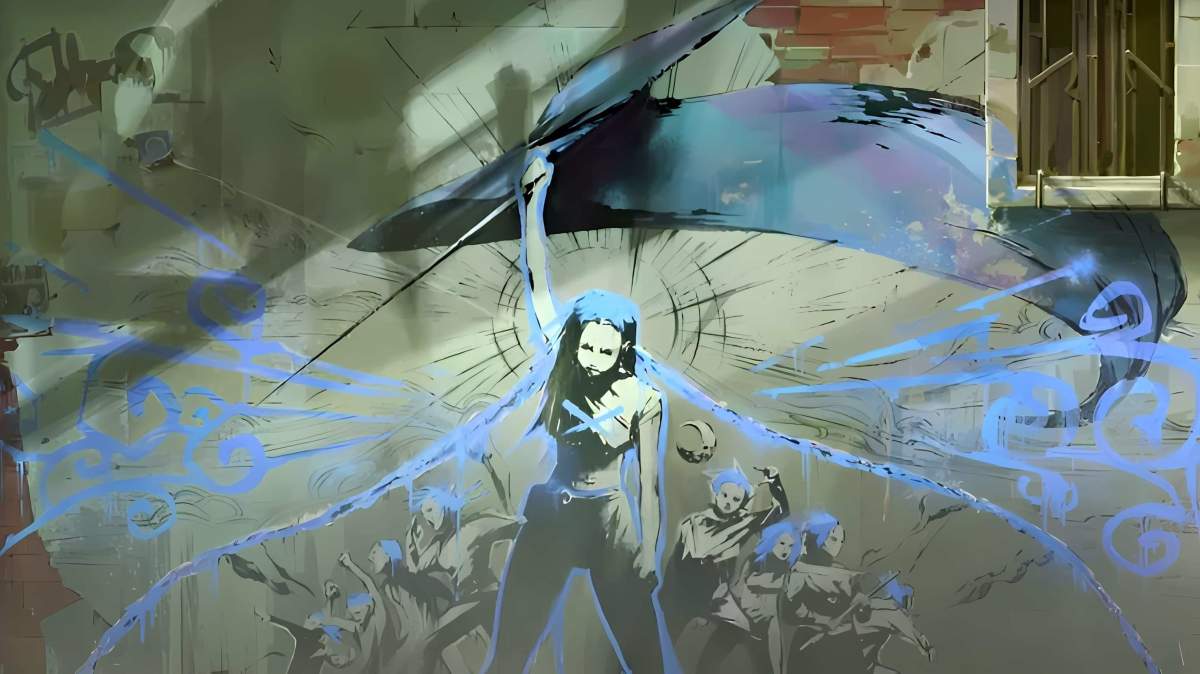

Published: Oct 13, 2020 04:13 pm